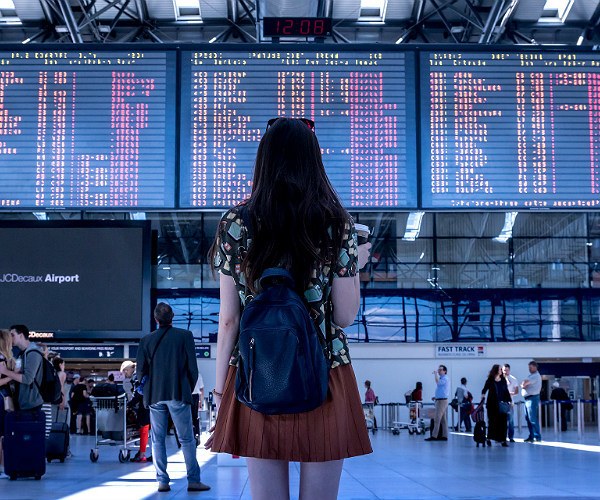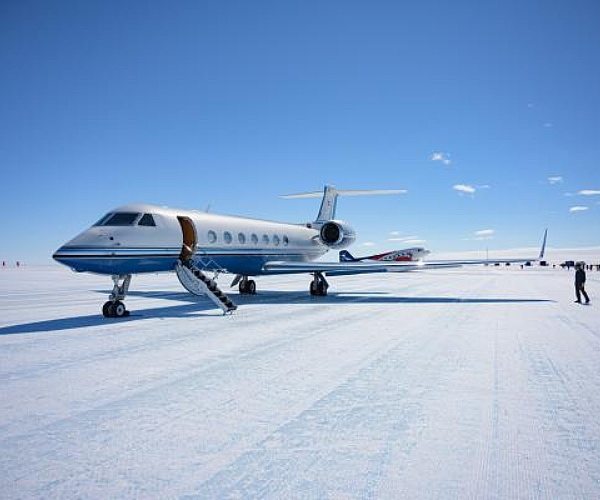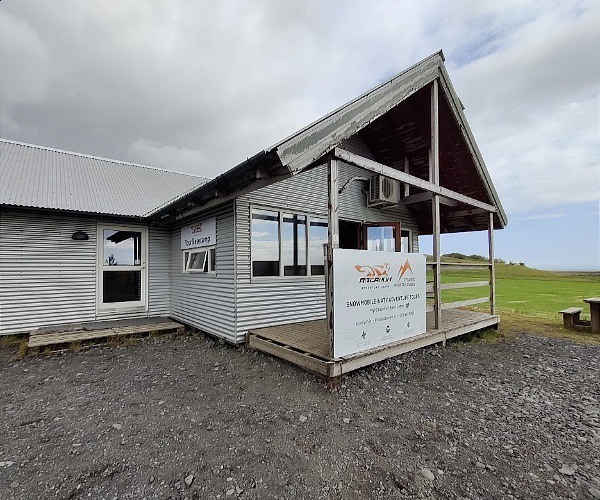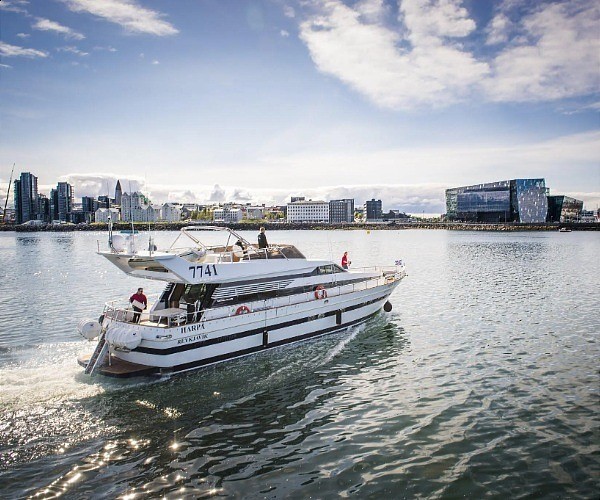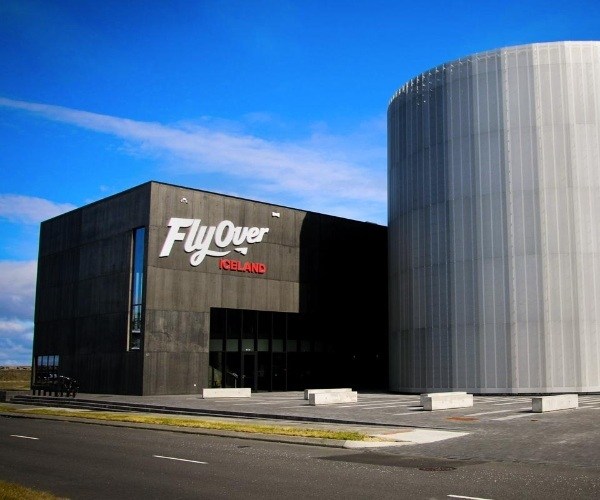Etihad Airways, the national carrier of the United Arab Emirates, is undertaking a week of intensive research and testing on over 30 flights to test operational efficiencies, technology and procedures that will reduce carbon emissions, in an expansion of its ongoing sustainability flight testing regime.
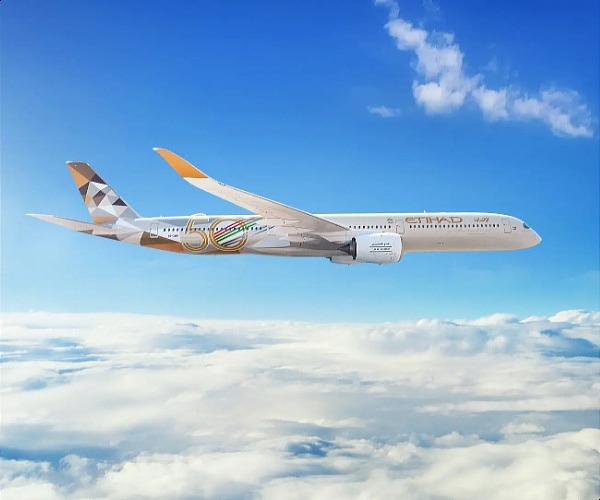
The week-long programme, coinciding with Earth Day on 22 April, includes over 20 commercial flights operating across Etihad’s network to test contrail avoidance technologies in partnership with SATAVIA, a UK-based green aerospace company. The airline will also operate up to 13 dedicated ‘EcoFlights’ testing a range of flight and engine optimisation initiatives, with successful trials to be incorporated into regular scheduled operations. Each of these flight tests will be operated on Etihad’s fleet of fuel-efficient A350 and 787 aircraft, spearheaded by the ‘Etihad Greenliner’, and Etihad’s newest aircraft, the ‘Sustainable 50’.
Tony Douglas, Group Chief Executive Officer, Etihad Aviation Group, said: “Etihad has demonstrated its commitment to sustainability over the last three years, leading the industry through real world testing and application of technology and processes that provide incremental environmental benefit every time we fly. The tests we’re conducting this week are just the latest initiatives in our long running and comprehensive sustainability programme, because for us, sustainability is a priority every day, not just once a year when it’s convenient and expected. The results we develop will add to the body of work and knowledge base we’ve built to support the aviation industry on its journey to decarbonisation.”
The bulk of tests conducted over the week are part of a year-long partnership with SATAVIA to enable contrail prevention, integrating atmospheric modelling with operational flight planning to prevent contrail formation. Aircraft contrails, or condensation trails, are clouds made up of aircraft-generated ice crystals, which cause a net surface heating effect globally by trapping atmospheric heat. Contrails cause up to 60% of aviation’s total climate impact, the equivalent to two percent of all human impact.
Dr Adam Durant, CEO of SATAVIA, said: “Our understanding of contrails rests on decades of atmospheric science, which can now be combined with high-performance computer modelling to identify contrail formation zones and optimize flight plans for contrail prevention. Following these tests, we will work with Etihad to quantify the climate benefit arising from contrail prevention on a flight-by-flight basis. This will lay the groundwork for future conversion into tradable carbon credits incentivising widespread adoption of contrail prevention across the aviation sector.”
In contrast to many green aerospace initiatives, contrail prevention is a software solution that can be implemented in the near-term through technical integration with flight operations.
“By working with SATAVIA to implement contrail prevention in day-to-day activity, Etihad is taking the lead on an important issue facing the entire industry,” said Douglas. “We have to think about aviation’s indirect, non-CO2 effects as well as direct climate impacts, and contrail prevention is the key to making swift progress in this field.”
In addition to contrail avoidance R&D flight tests, Etihad will operate up to 13 dedicated EcoFlights, following six previous sustainability focused operations since 2019, including the EY20 Sustainable Flight from London to Abu Dhabi in October last year, which reduced carbon emissions by 72% compared to a similar flight in 2019.
These flights will further test and trial operational initiatives to evaluate and confirm learnings from past ecoFlights for flight path optimisation, including optimised climb and continuous descent, optimal departure runway, last minute engine start-up, single engine taxi procedures network wide and fight deck technology solutions.
IMPORTANT NOTICE:
If you are reading this article anywhere other than on A Luxury Travel Blog, then the chances are that this content has been stolen without permission.
Please make a note of the web address above and contact A Luxury Travel Blog to advise them of this issue.
Thank you for your help in combatting content theft.
In parallel to the research and testing flights, Etihad is also publishing its first Sustainability Report. To be released on Earth Day 2022, this publicly-available report documents the previous two years of the airline’s sustainability efforts – from ground-based electric tractors, to airspace efficiency improvements, and even to experimental test-flying with NASA and Boeing. With two years of progress towards reducing the impact on the planet from its operations, Etihad is well on the way to achieving the ambitious sustainability commitments.
In January 2019, Etihad announced its goal of achieving net zero emissions by 2050 and halving net emission levels by 2035. It has since gone on to form the industry’s most comprehensive, cross organisational aviation sustainability initiative, spearheaded by its Greenliner and Sustainable50 programmes in partnership with Boeing, Airbus, GE and Rolls Royce.
Through these programmes, and Etihad’s ongoing research and testing initiatives such as EcoFlights, Etihad encourages and invites partners from across the aviation sector to join and test sustainability initiatives on scheduled 787 and A350 operations. The results are then processed and validated, with the most sustainable initiatives used as a base for improving the performance of the global airline community.




